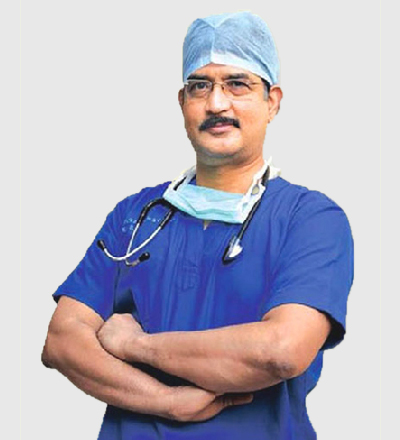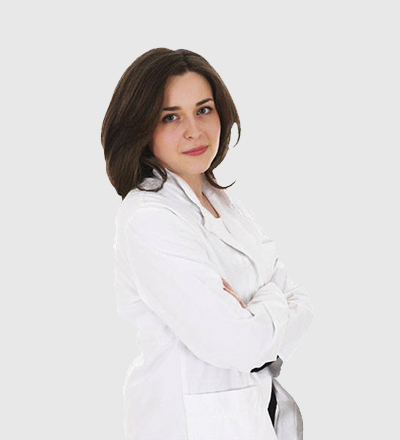24hrs hand injury services are available for all types of hand injuries from finger tip injury to replantations.
We are specialised in the treatment of the whole spectrum of hand (includingupper limb) conditions and injuries, including carpal tunnel syndrome, Dupuytren"s disease (finger contractures), trigger finger, ganglions and arthritis / pain in the small joints of the hand, as well as more complex, less common hand problems.
Arthritis - Hand Conditions
Osteoarthritis is a loss of cartilage between bones, and often occurs in the terminal joint of the finger and/or the base joint of the thumb. The lack of cartilage means the bones can rub together, resulting in some combination of pain, swelling, deformity, stiffness or decreased movement. The condition usually affects people aged 45 and over, but can appear at a younger age.
Soreness and swelling caused by osteoarthritis can arrive in waves, sometimes settling by itself, and avoiding painful movements helps suppress the condition. Injections are sometimes given, and anti-inflammatory medication can be helpful too. In certain cases, surgery can be used to fuse the joint in a permanent position. There are several surgical options, and the surgeon will go through these and advise on the best way forward. After an operation, it may be necessary to wear a splint or support for a few weeks.
Carpal Tunnel Syndrome - Hand Conditions
Carpal Tunnel Syndrome - Hand ConditionsCarpal tunnel syndrome (CTS) is caused by compression of the median nerve, resulting in pain, tingling or numbness in the hand and fingers. CTS is quite common, particularly in pregnant women, and will sometimes heal without treatment. Non-surgical measures such as exercises, splints or injections may be used to treat more serious cases. Severe CTS will require surgery to release the pressure on the nerve.
De Quervain"s Syndrome - Hand Conditions
De Quervain"s - Hand ConditionsDe Quervain"s is a painful hand condition that affects the tendons where they run through a tunnel in the wrist. Symptoms include pain on the thumb side of the wrist, swelling, tenderness when touched and occasional clicking of the tendons.
The condition often subsides by itself in mild cases, and it"s helpful to avoid activities that cause pain to the area. Other treatment options include wearing a splint for a period of time to prevent thumb and wrist movement, having a steroid injection to relieve pain, or having an operation to decompress the tunnel. Surgical treatment can be done under local or general anaesthetic and it"s a relatively straightforward procedure.
Dupuytren"s Contracture - Hand Conditions
Dupuytren"s contracture - Hand ConditionsDupuytren"s contracture is a condition that causes one or more fingers to bend towards the palm. Small, benign nodules grow in the palm"s connective tissue, forcing the fingers to contract. Most cases of Dupuytren"s are painless, but the problem can worsen over time, sometimes resulting in persistent contracture.
Treatment is not always necessary but, if the problem affects the hand"s ability to function properly, it"s possible to surgically release the contracture. The severity of the condition will determine the type of surgery used. Dupuytren"s can return, even after surgery, in which case more extensive treatment is required.
Fractures - Hand Conditions
Fractures, to both hand and wrist, are caused by an impact to the bone that is strong enough to break it. Symptoms include severe pain, loss of movement and swelling. Whatever caused the fracture – whether it was a fall, a fight, a sporting accident or anything else – can influence the treatment, so it"s helpful for the surgeon to know exactly how the break occurred. The problem will most likely be dealt with first by an Accident & Emergency department, before being passed on to a hand surgery team, including the surgeon, nurses and therapists.
A surgeon will take x-rays and physically examine the fracture before deciding on the best course of action. In some cases, the fracture may be treated with a splint, hand exercises and painkillers, but more serious breaks may require an operation. Following surgery, it"s likely the fracture will be placed in a splint or plaster, and rehabilitation will be overseen by therapists, who will advise on exercises to help future movement in the affected area.
Ganglion- Hand Conditions
Ganglion - Hand Conditions A ganglion is a cyst caused by synovial fluid that has leaked from a joint. It"s one of the most common hand conditions, and the swelling may or may not be painful.
Ganglions often disappear without any treatment, but can be drained under local anaesthetic or removed surgically if necessary.
Trigger Finger - Hand Conditions
Trigger finger occurs when a swelling or growth causes the tendon to catch on the sheath, or tunnel, it passes through. It"s unclear exactly what causes the problem, but an injury to the hand can sometimes lead to triggering. Sufferers will feel a painful click when trying to straighten the finger, reminiscent of a trigger being pulled. The condition usually affects a single finger, but in rare cases it can occur in more than one. If trigger finger is left untreated, the affected digit may become permanently bent.
In a small percentage of cases, the condition can get better without treatment, but for others there are several options, including splinting and injections. Surgery is the final option, and the operation is relatively minor, but please be aware that the problem can sometimes recur after successful treatment.




